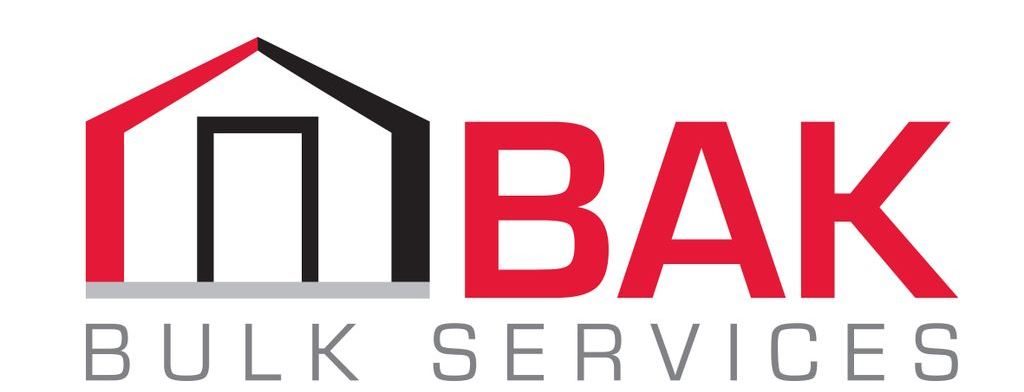"Damian and Karen run a very professional and knowledgeable practice. They have always been a great assistance both in the good times and the bad."

BARRY KING MD BAK BULK SERVICES LTD

A Testator must complete all Will formalities, hold Testamentary Capacity, provide for Financial Dependents, be aware of potential claims on the estate such as Proprietary Estoppel and review circumstances on an on-going basis thereafter.
The drafting of a Will is an extremely important and professional service offered by your solicitor and should not be tarnished or underestimated by those offering ‘DIY’ packs online. A poorly drafted Will or indeed a failure to make one can lead to a Testators greatest fear ‘a family dispute.’ A properly drafted Will should be clear, accurate and provide an efficient method to deliver property to beneficiaries. A skilled draftsman will be required to take extensive instructions to avoid many of the pitfalls that arise from the ever changing law and tax environment.
Unfortunately only too often Wills are challenged by financially and emotionally draining litigation. Some of the most common issues that arise are:
The above are only a snapshot of the pitfalls that could lie ahead of an unwary Testator. The case law relating to same is extensive however the purpose of this article is not to discuss the intricacies of the law relating to each but rather to highlight the need for the Testator to be conscious and professionally informed regarding same.
Your Will should be reviewed regularly in particularly in light of changes in circumstances such as marriage, civil partnership, death, births, adoption, purchasing property, emigrating or a change in law such as inheritance tax legislation.
To make a new Will and discuss any of these matters please make contact Luke Curran & Co. Solicitors Newry at law@lukecurran.co.uk or 02830267134 for a free no obligation appointment.